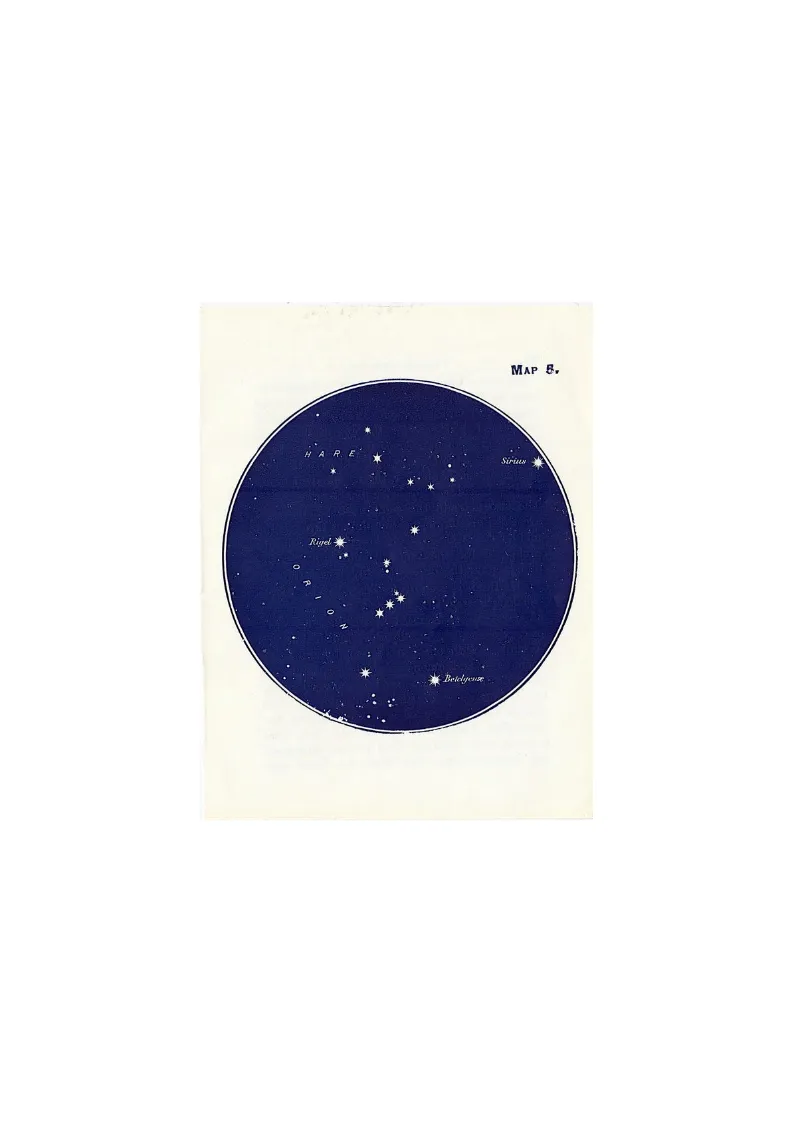The International Science Council is a non-government organization that brings together 45 international scientific Unions and Associations, over 140 national and regional scientific organizations, including Academies and Research Councils, 60 international Federations and Societies, and Young Academies and Associations.
The ISC is charting a path toward the mission to advance human development within sustainable planetary and social boundaries. To deliver on the 2030 Agenda and its 17 Sustainable Development Goals (SDGs), we must urgently intensify fair and equitable transformations to sustainability across all sectors – from science, policy, business and civil society.
This post focuses on how publishing can play its part.
Pushing for a More Equitable & Accessible Future for Scientific Publishing
Over the past few decades, there have been growing concerns about whether the scientific publishing system effectively meets the needs of researchers and upholds the right to access scientific findings. The increasing dissatisfaction with the publishing system in serving the needs of those who produce, and access scientific knowledge led to members of the International Science Council driving a project on the "Future of Scientific Publishing", which has remained an ISC priority since 2019. The project is guided by a steering group of international experts to critically examine the role of publishing in science, and to determine ways to enhance the contribution of scholarly publishing to global science, making knowledge equitable and accessible for everyone. As a result of this work, a series of publications is available on the ISC’s website to present the outcomes of the four-year discussion, engaging the ISC’s members and all stakeholders interested in scholarly publishing. "Opening the Records of Science", a report published in early 2021, is one of the significant outputs of this project, seeking to establish, as far as possible, a shared view of the principles and priorities of the scientific publishing system. This report, along with occasional papers including "Business Models and Market Structure within the Scholarly Communications Sector" and "Strengthening Research Integrity: The Role and Responsibilities of Publishing", seek to present a glimpse of some of the key aspects of the discourse around open access publishing.
The Critical Role of Scientific Publishing
"Opening the Records of Science" offers a perspective on the principles and objectives of scientific publishing, thus paving the way for a pathway to positive reform. A key takeaway from the report emphasizes the invaluable role of science in humanity's progress. It underlines that the inherent value of science lies in its method, which thrives on the open examination of ideas through evidence, reality checks, logical reasoning, and peer scepticism. These ideas are then continually assessed, reassessed, and updated through fresh experiments, observations, and theoretical discourses. This method of science makes it an ever-evolving body of knowledge that is made available through peer-reviewed scientific journals. Therefore, effective publication processes that consider the priorities of science disciplines and work to make science available to society, are pivotal in positioning science as a public good (see also the ISC’s position paper, "Science as a Global Public Good (2021) for a presentation of the organisation's vision of promoting science as a public good).
Shaping the Future of Scientific Publishing: Eight Key Principles from the ISC
In 2021, during their General Assembly, ISC members adopted eight key principles essential for the future of scientific publishing. These are:
- There should be universal open access to the record of science, both for authors and readers, with no barriers to participation, in particular those based on ability to pay, institutional privilege, language or geography.
- Scientific publications should carry open licences that permit reuse and text and data mining.
- Rigorous, timely and ongoing peer review must continue to play a key role in creating and maintaining the public record of science.
- The data and observations on which a published truth claim is based should be concurrently accessible to scrutiny and supported by necessary metadata.
- The record of science should be maintained in such a way as to ensure open access by future generations.
- Publication traditions and bibliodiversity of different disciplines and regions should be respected.
- Publication systems should be designed to continually adapt to new opportunities for beneficial change rather than embedding inflexible systems that inhibit change.
- Governance of the processes of dissemination of scientific knowledge should be accountable to the scientific community.
Endorsing Peer-reviewed Preprints as an Affordable and Equitable Avenue for Open Access
The ISC endorses reform in alternative publishing models, including peer-reviewed preprints, overlay journals, and innovative approaches to peer review. The ISC has published an occasional paper on the normalization of preprints to expand on this strategic focus. The paper discusses the history and evolution of preprints, along with analyses of their benefits and potential drawbacks. It also provides recommendations on how the academic community should adapt to the rising phenomenon of post-publication peer review of preprints and the cultural shifts it brings. In 2023, the ISC organized two regional online workshops to create awareness about preprints and post-publication peer review. One was in collaboration with the Forum for Open Research in the MENA region (FORM) and the other with the Indian National Young Academy of Science (INYAS).
Current Priorities of Work for the ISC
The ISC is now working on an ambitious idea to bring regional perspectives and the voice of researchers across various regions into the progress of open access. Latin America has long been a champion of Open Access (OA), pioneering a model where OA publishing is the standard practice, without transferring the cost of publishing to the authors. However, the dominant OA movement has so far been EU and US-centric, leading to unequal participation from other regions. The consequences are worrying, as high article processing charges (APC) and transformative agreements (TAs) have created an inequitable system in scientific publishing. Additionally, journal-based indicators and prestige publishing are hurdles in adopting innovative and equitable alternative publishing avenues such as peer-reviewed pre-printing. The term 'preprint' refers to a fully-drafted research paper that is shared publicly before it has been peer-reviewed. This means that other scientists can read and comment on the findings immediately. There are new preprint infrastructures where the preprints are also getting peer-reviewed. One example of such a model is the journal in biological sciences, eLife.
The ISC has recently published a discussion paper, The Case for Reform of Scientific Publishing, emphasizing the significance of global scientific communication and the challenges arising from the currently dominant profit-centred publishing model. This model restricts access to scientific knowledge, particularly in low- and middle-income countries, hampering global scientific collaboration and sustainability efforts. The paper stresses the need for a shift towards an inclusive, open science ecosystem, emphasizing the urgency for reforms to ensure the dissemination of scientific knowledge as a global public good.
Sign up for ISC Monthly to receive key updates from the ISC and the broader scientific community, and check out our more specialized newsletters on Open Science, Science at the UN, and more.
References
- Opening the record of science: Making scholarly publishing work for science in the digital era. (2021). https://doi.org/10.24948/2021.01
- Gatti, R. (2020). Business Models and Market Structure within the Scholarly Communications Sector. https://doi.org/10.24948/2020.04
- Drury, L. (2022). The normalization of preprints. International Science Council. https://doi.org/10.24948/2022.02
Copyright © 2023 Moumita Koley, Megha Sud. Distributed under the terms of the Creative Commons Attribution 4.0 License.






